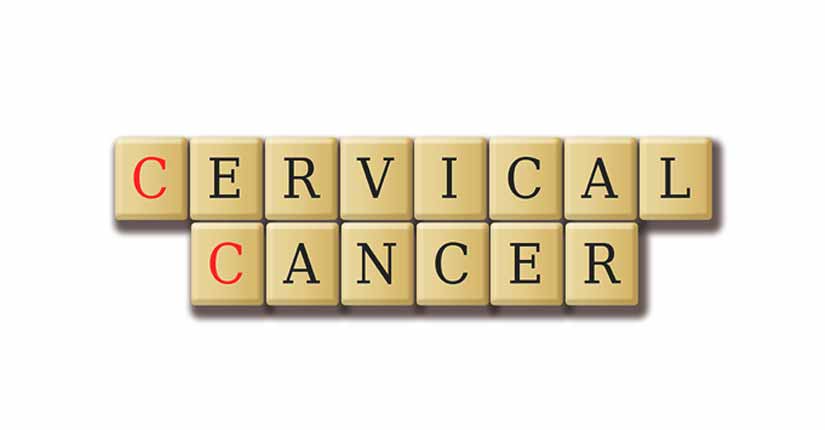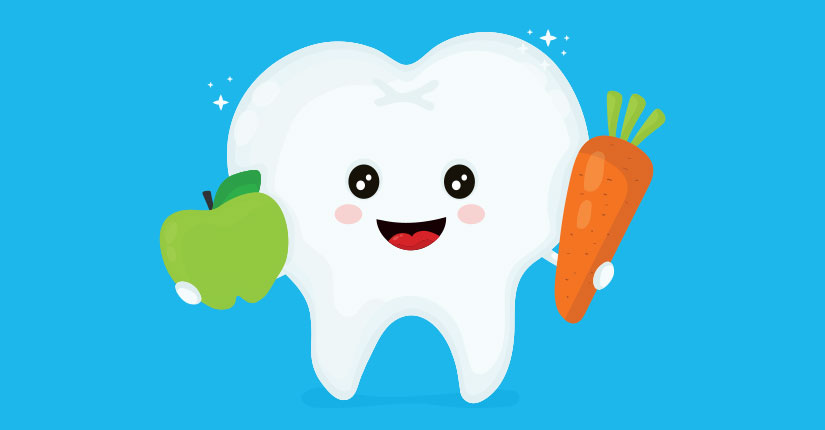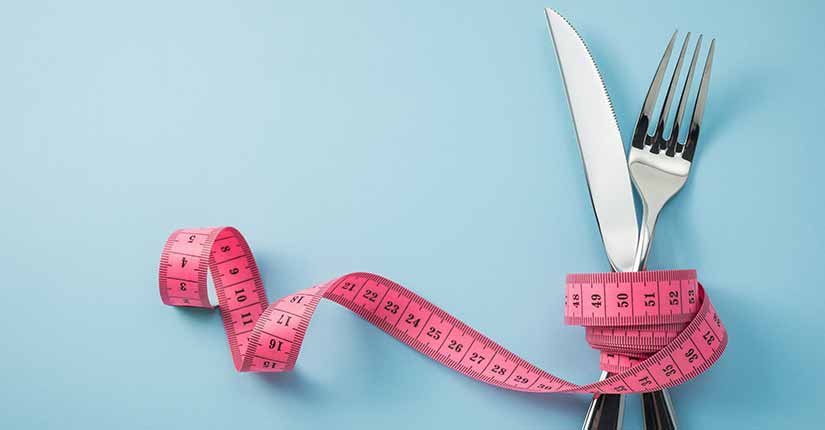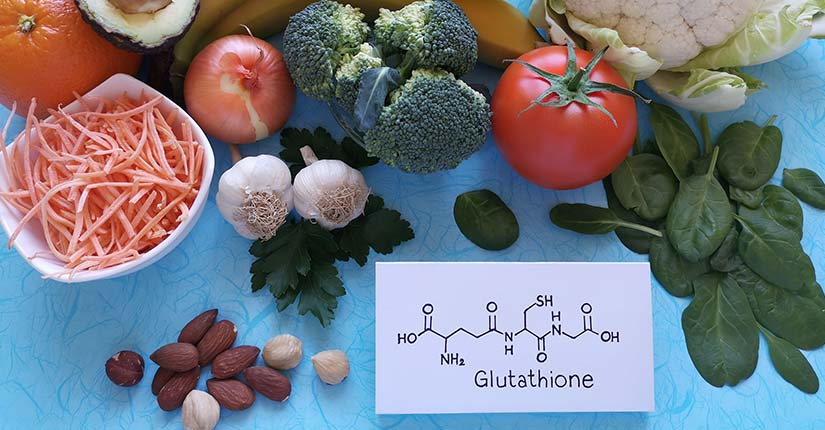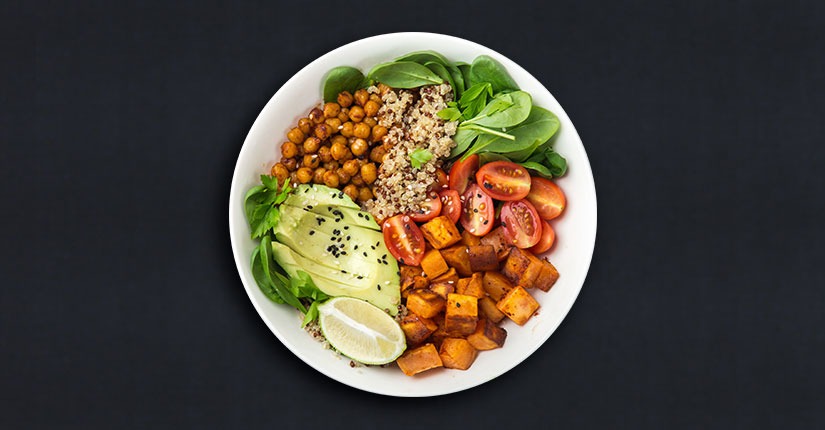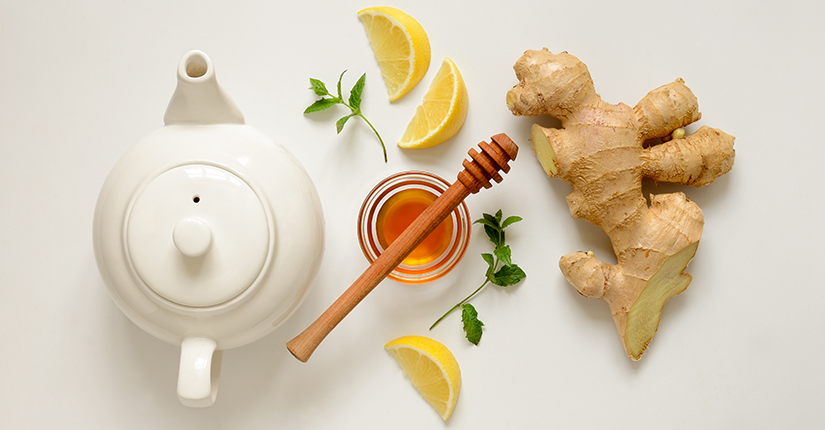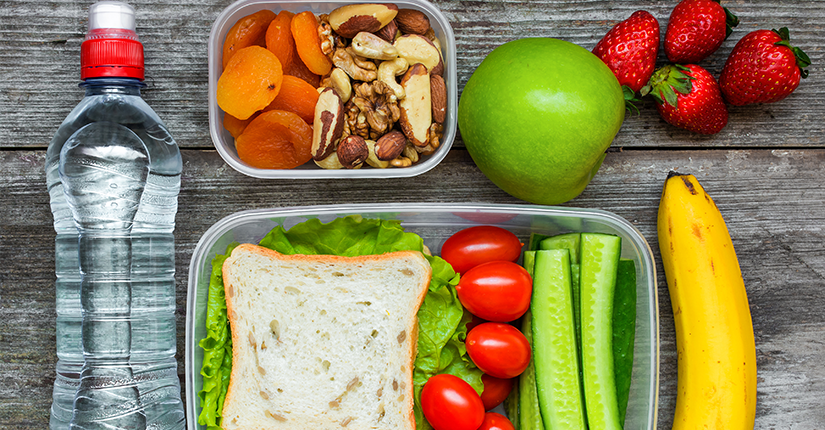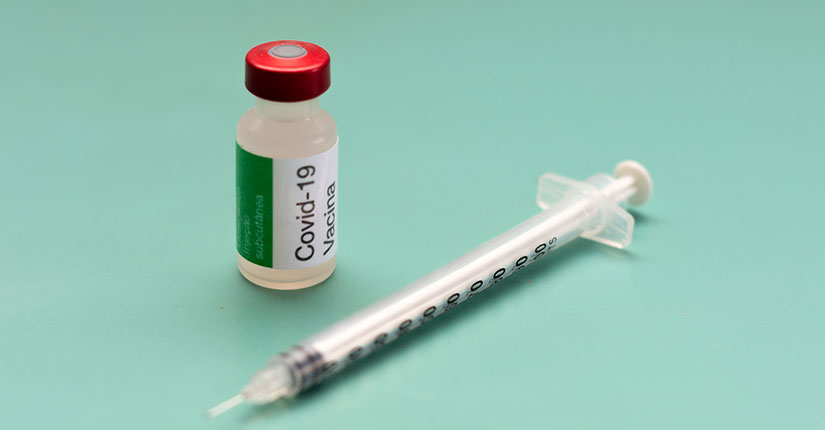Dietary Management of Hepatitis- Key Points to Know
By Nmami Agarwal 28-Jul 2020 Reading Time: 9 Mins

Hepatitis is caused due to inflammation of the liver and has several types but symptoms mostly stay the same. The aim of a hepatitis diet is to minimize the stress caused to your liver, which is present due to the inflammation which is a major symptom in Hepatitis.
Diet can improve the liver condition and help manage symptoms of hepatitis. Some symptoms include constant tiredness being the most common one; others include diarrhea, joint pain, and loss of appetite. Studies show that malnutrition and loss of muscle mass become more common as the condition progresses. Some people also have face problems with maintaining a healthy weight.
Dietary recommendations:
Since the liver is already inflamed in the case of hepatitis, with time, this can lead to scarring, called cirrhosis and this can reduce the liver function. Eating well with few restrictions may help the liver to function normally.
The following important points to take care of are given below:
Excess iron: The liver plays a key role in the metabolism and excretion of iron. The body in case of chronic hepatitis isn’t able to release iron properly and may experience iron overload, increasing the risk of tissue damage in the liver. Due to this reason, people with chronic hepatitis may need to reduce the amount of iron-rich foods in their diets. The foods which should be avoided include red meat, liver, oysters, lentils, apricots, and iron-fortified cereals.
However, iron is an essential part of your diet, so do not cut it out completely. Since vitamin C increases the absorption of iron from food, if you’ve been advised to reduce your iron intake, you may also need to reduce your intake of foods that are high in vitamin C, for instance, citrus fruits, strawberries, kale, and broccoli.
You may also want to take advice from a healthcare provider before taking any multivitamin, as most contain both nutrients- iron and vitamin C.
- Excess salt: A healthy eating plan limits added sodium/excess salt. Heavily processed foods, including snack foods, fried foods, and read to eat or microwavable meals often are what put someone over the limit. The ideal amount should be less than 2300 mg a day for most people. If chronic hepatitis progresses to liver cirrhosis, there can be an accumulation of fluid in the abdomen, a condition called ascites. People having ascites should restrict their sodium intake to less than 1000 mg per day.
- Fruits and vegetables: Fruits and vegetables provide your body with essential vitamins and minerals important for a healthy body. Consuming these fiber-rich foods may also help you decrease your intake of oily and processed foods, such as fatty meats or sugary treats, as they are quite filling. Consumption of leafy green vegetables provides benefits to those managing hepatitis. Research shows that these can lessen the fatty acid composition in your liver.
- Whole Grains: This category includes bread, pasta, rice, and oats. Dietary guidelines suggest that at least half of the grains you consume should be whole grains, rather than refined grains (such as white bread, white rice, or white pasta). Whole grains help boost your protein intake, which can help you to maintain muscle mass. Whole foods like cereals, grains, and millets are rich in fiber, B vitamins, zinc, magnesium and, iron. If you have celiac disease, you could prefer gluten-free grains, such as buckwheat, quinoa, and amaranth. Avoid refined foods likes pastries, pasta, noodles, and others. Choose healthy alternatives like brown rice, oats, and others as it could provide more energy and improve bowel function.
- Healthy fats: Dietary guidelines advise that you consume less than 10% of calories per day from saturated fats and eliminate trans fats completely. Saturated fats are found in red meat and full-fat dairy products while Trans fats (partially hydrogenated oils) are being gradually eliminated, but you may occasionally still find them in some foods including fried snack foods or processed baked goods and hence should be avoided. Healthy plant-based fats such as olive, sunflower, or avocado oils provide polyunsaturated and monounsaturated fatty acids that have health benefits and reduce the risk for heart disease. However, all fats and oils should be consumed in moderation. Consuming too much fat can lead to problems, especially for those living with chronic hepatitis, including fatty deposits in the liver, fatty inflammation, and fatty cirrhosis and should be completely avoided.
- Protein foods: Consuming the right amount of protein is important when you have chronic hepatitis. In the case of cirrhosis, the doctor may recommend a higher protein intake to reduce your risk of muscle wasting and fluid buildup. Protein is essential for repairing and replacing damaged liver cells. Prefer lean proteins with foods like fish, nuts, eggs, soy, and pulses. Consume protein in small portions initially and according to your activity type and age. But consuming too much protein can lead to complications including a condition known as encephalopathy. Consume 1 to 1.5 grams of protein per kilogram (kg) of body weight. Lean meats, milk, nuts, and cheese are all good sources of protein.
- Alcohol: Alcohol consumption causes more stress on your liver and can put you at higher risk for liver damage. If you have chronic hepatitis, you should avoid alcohol.
Over to you
t is best to consult your doctor in case you have doubts or feel to start having a normal diet. Following a few restrictions and cutting on a few unnecessary food items could take you a long way and help you heal faster and better.

